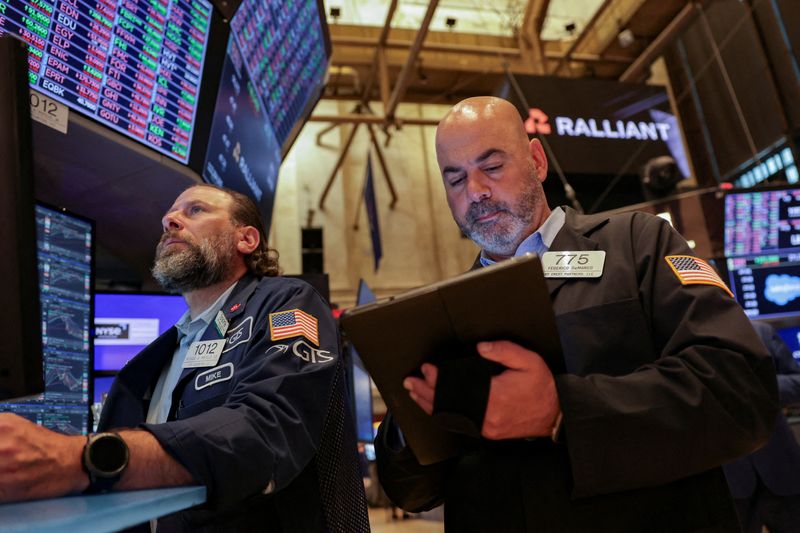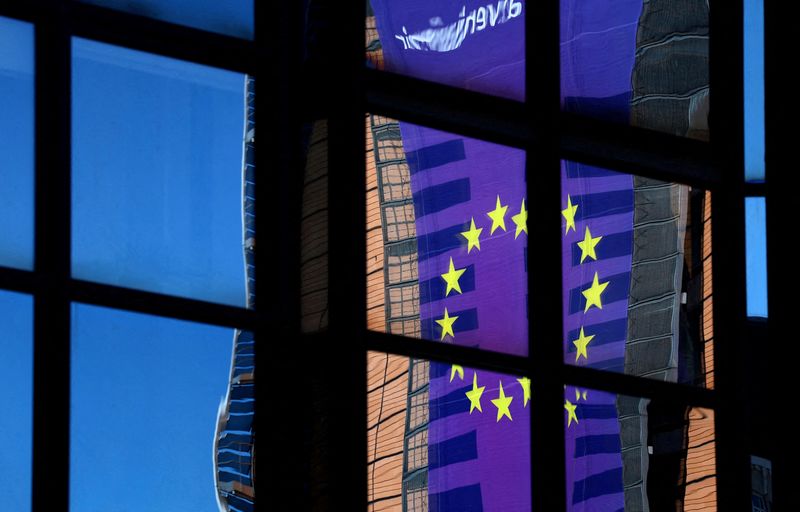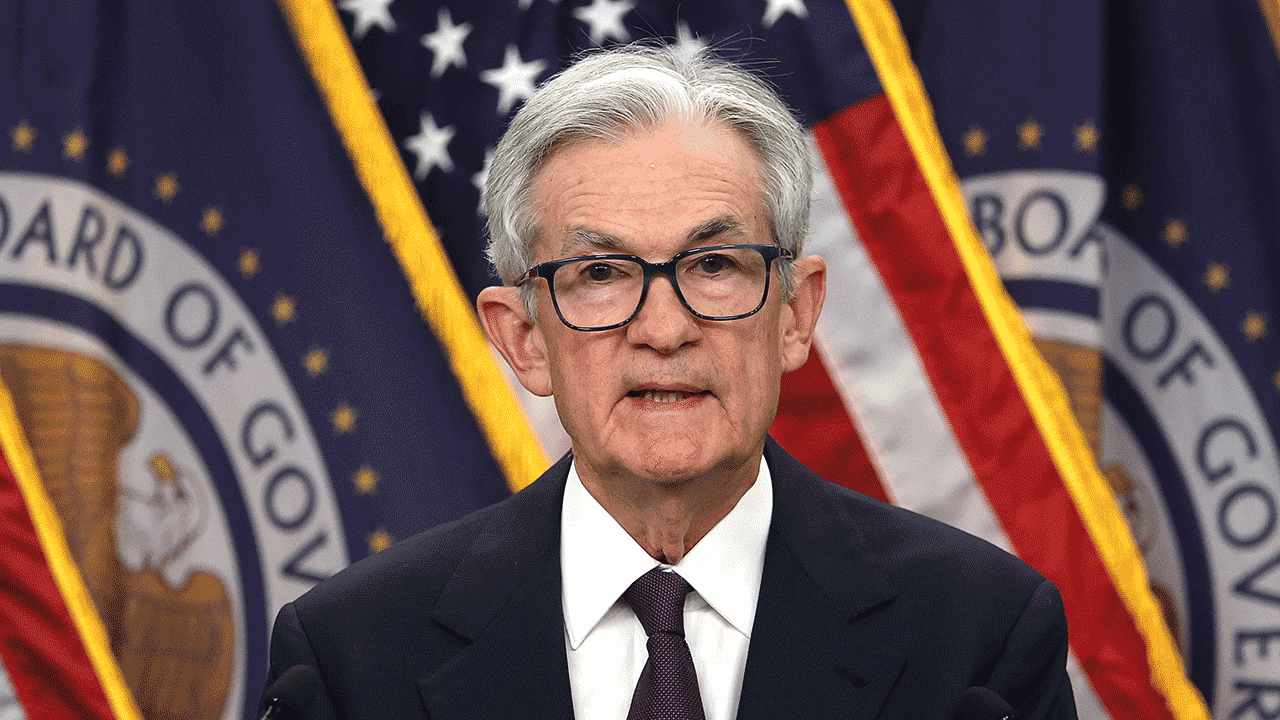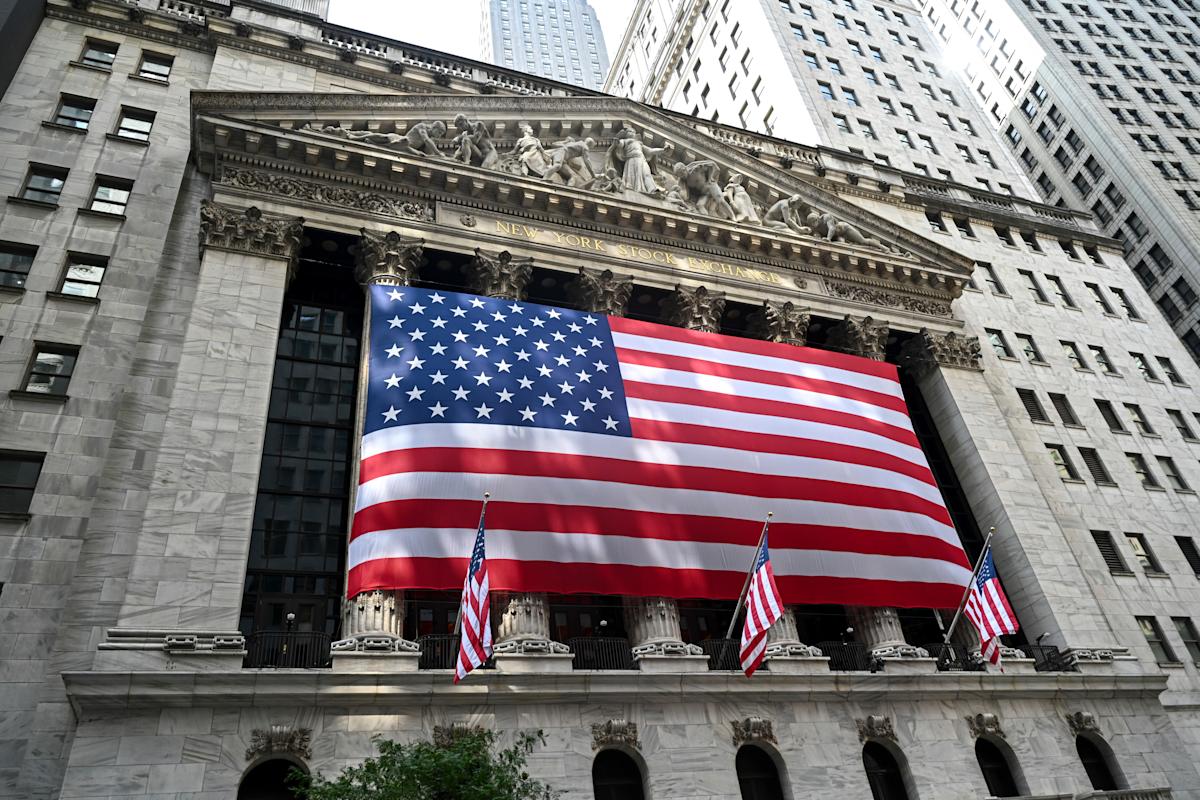
Hollywood Faces Uncertainty Over Proposed Film Tariffs
Trump’s Film Tariff Proposal and Immediate Impact
President Donald Trump’s recent announcement of a 100% tariff on films produced abroad has sent shockwaves through Hollywood and financial markets. In a post on Truth Social, Trump described the U.S. movie industry as "dying a fast death" and cited foreign incentives as a national security threat. This policy aims to incentivize domestic film production, but its immediate effects have been felt in the stock market.
Shares of major Hollywood studios and streaming platforms dropped significantly following the announcement. Netflix (NFLX) and Warner Bros. Discovery (WBD) led the declines, with early trading losses of around 4%, while Disney (DIS) and Paramount (PARA) also saw noticeable dips. The market reaction reflects investor concerns over potential disruptions to Hollywood’s global production pipelines and the uncertainty surrounding tariff implementation.
Hollywood’s Global Production Model at Risk
The proposed tariff threatens to disrupt Hollywood’s well-established model of global production and international collaboration. Major studios often rely on filming abroad to benefit from tax incentives and unique filming locations. Blockbusters like Marvel’s "Avengers: Doomsday" (filmed in London) and Paramount’s "Mission: Impossible — Final Reckoning" (shot across various international locations) exemplify the reliance on global production networks.
Retaliation from other nations could further strain Hollywood’s international revenues. Countries like China, which recently announced plans to reduce imports of U.S. films, may respond with similar measures, cutting off critical markets for high-budget films. Since international box office sales account for a significant portion of Hollywood’s earnings, these tariffs could jeopardize the financial viability of many productions.
Uncertainties Surrounding Tariff Implementation
Key details about the tariff’s scope and implementation remain unclear. It is uncertain whether the tariffs would apply to films distributed via streaming platforms, theatrical releases, or both. Additionally, questions arise about how tariffs will impact ongoing international co-productions or projects already completed.
Industry analysts have expressed concerns about the broader implications of such tariffs. With Hollywood still recovering from pandemic shutdowns and recent labor strikes, this policy may hinder its ability to compete globally. Moreover, the potential administrative and legal complexities involved in applying tariffs to the film industry could create logistical challenges, further destabilizing an already fragile sector. Until more details emerge, the uncertainty continues to weigh heavily on the industry.
 Sources
Sources- Trump film tariffs: Hollywood beyond?
 bbc
bbc - Hollywood studio stocks fall Trump proposes foreign film tariff
 cnbc
cnbc - Netflix, Disney stocks slide Trump threatens 100% tariff foreign-made films
 yahoo
yahoo
- Trump film tariffs: Hollywood beyond?
 bbc
bbc - Hollywood studio stocks fall Trump proposes foreign film tariff
 cnbc
cnbc - Netflix, Disney stocks slide Trump threatens 100% tariff foreign-made films
 yahoo
yahoo




